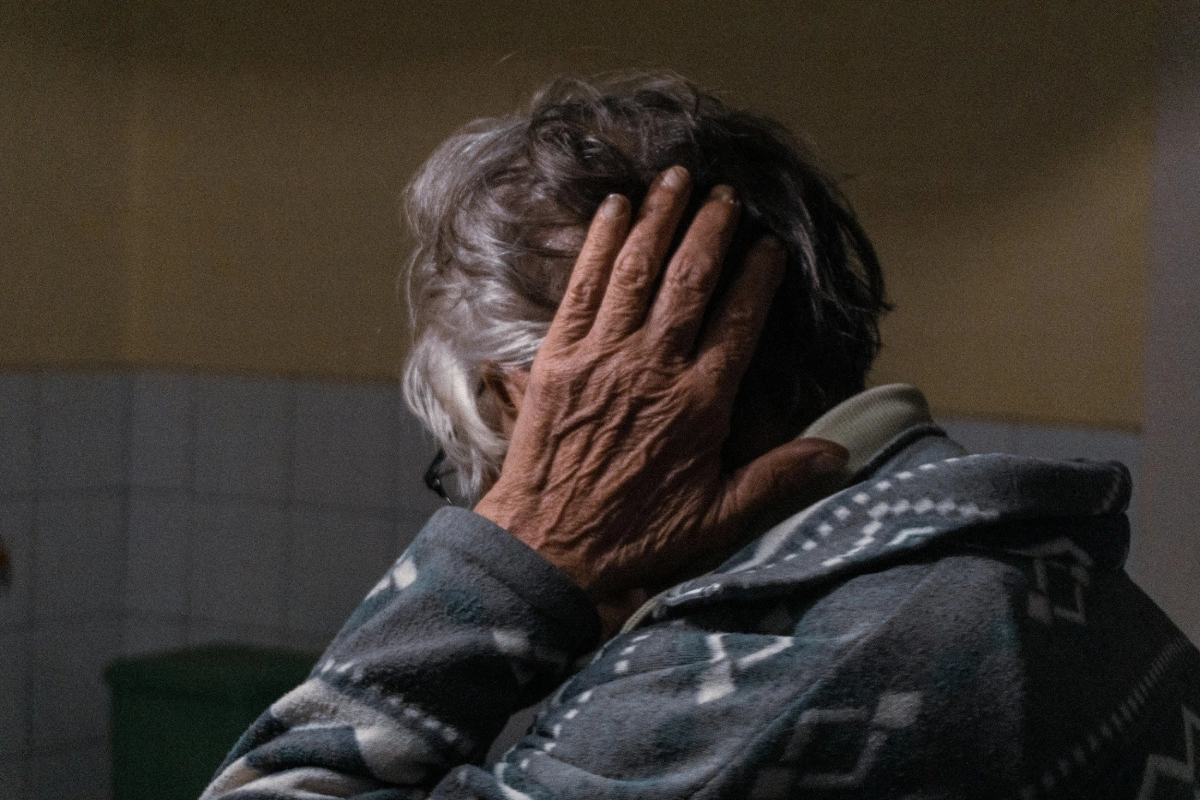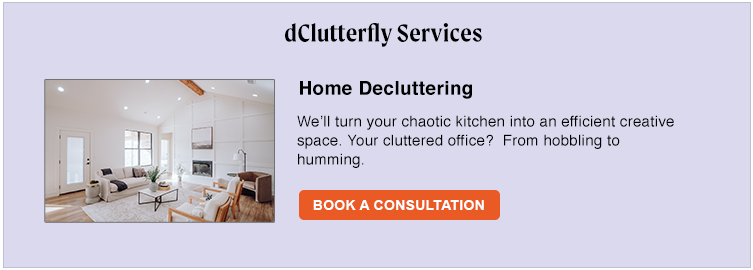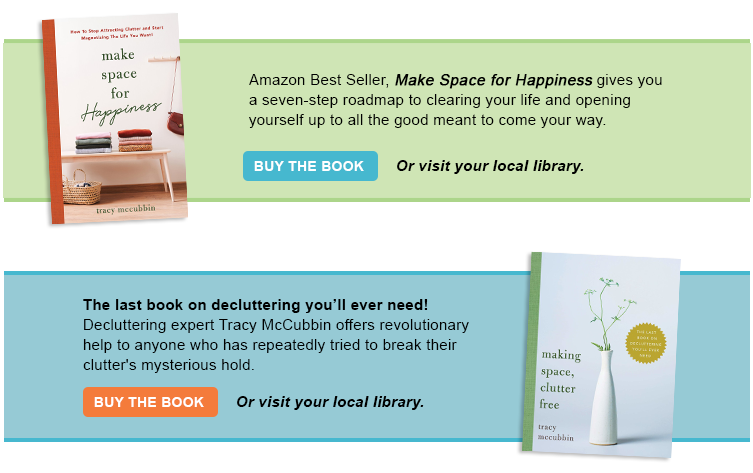At least once a week, someone turns to me with tears in their eyes and asks, “How did I let it get here? Am I lazy? Am I a bad person?” The answer is a resounding NO. You are not at fault for the chaos that may have built up in your life, nor are you alone in this struggle. Most likely, you’ve encountered one of the seven Clutter Blocks—emotional obstacles that lead us to use clutter as a distraction from deeper issues. You’re using clutter to create an emotional distraction from something that isn’t working in another area of your life.
The weight of shame
Shame is a powerful, often paralyzing emotion. It can creep in unnoticed, transforming what should be a straightforward process of decluttering into an emotional whirlwind. When faced with the clutter that has accumulated in our homes and lives, many of us fall into the trap of self-judgment. We label ourselves as “crazy” or “lazy” for allowing it to happen, failing to recognize that we are simply human.
Understanding the root of your clutter can be the first step toward breaking free from shame. The seven Clutter Blocks often involve emotional distractions, such as fear, loss, or even guilt. Instead of viewing clutter as a failure, it can help to see it as a coping mechanism that serves a purpose in your life.
Shifting the narrative and avoiding the Shame Spiral
When I work with clients, I encourage them to shift their focus from shame to success. I ask them to list five things they excel at—whether it’s their career, personal life, or community involvement. Maybe you’re a fantastic chef, a great manager at work, or an asset in your community. This exercise serves to remind them that nobody is perfect and that we all have our strengths and weaknesses.
Brené Brown, a prominent researcher on shame and vulnerability, makes a crucial distinction: guilt is about the action (“I did a bad thing”), while shame is about identity (“I am bad”). This differentiation is important as shame can lead to a game of clutter chess and hoarding. The goal of decluttering should not be to create a new layer of shame, but to embrace your imperfections and create systems that prevent clutter from accumulating again.
The heartbreak of discovery
Sometimes, decluttering can unearth not just forgotten physical items but emotional wounds that we have buried beneath layers of stuff. I’ve witnessed this firsthand with clients who have created barriers within their own homes, isolating themselves from loved ones due to the clutter.
If you encounter something that evokes heartbreak during your decluttering journey, allow yourself to feel the pain. Acknowledge the grief, and if possible, reach out to a friend or family member. Sharing your story can be a powerful release, enabling you to process feelings you may have tucked away alongside your belongings.
Moving forward and creating a healthier relationship with clutter
Understanding that shame and heartbreak are often intertwined with clutter can be liberating. As you embark on your decluttering journey, consider the following strategies to create a healthier relationship with your possessions:
- Recognize Your Emotions: Be mindful of the feelings that arise as you sort through your items. Take breaks when necessary, and don’t hesitate to cry or laugh as memories surface.
- Set Realistic Goals: Decluttering is a process, not a race. Set small, achievable goals to avoid feeling overwhelmed.
- Implement Systems: Create systems for organizing your space moving forward. This could involve regular decluttering sessions or adopting a one-in-one-out policy for new purchases.
- Practice Self-Compassion: Remind yourself that it’s okay to struggle and that you are not defined by your clutter.
- Seek Support: Whether through professional help or by leaning on friends and family, don’t hesitate to seek support as you navigate the emotional landscape of decluttering.The journey of decluttering is not just about organizing physical space; it’s about reclaiming emotional well-being. By confronting the shame and heartbreak that often accompany clutter, we can foster a deeper understanding of ourselves and our choices. You are not a bad person for struggling with clutter! You are a normal person navigating the complexities of life. Embrace your journey, and remember that every step toward decluttering is also a step toward healing!




Leave a Reply